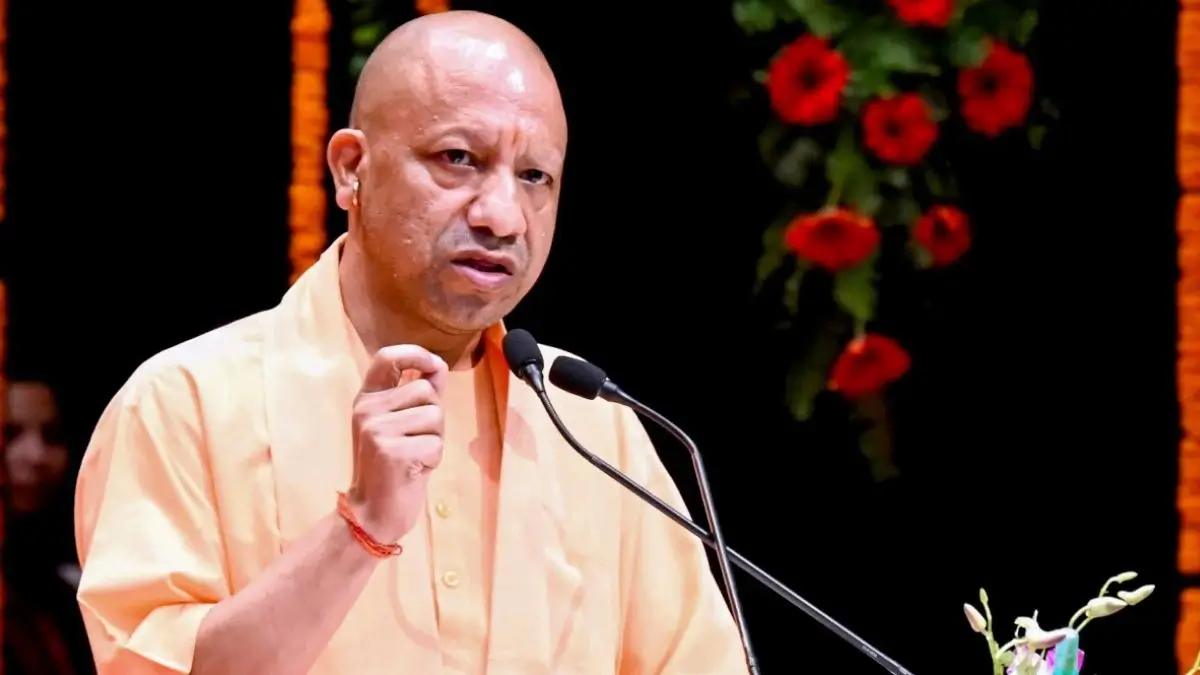Temple City of India
India, renowned for its rich cultural heritage and spirituality, boasts a multitude of temples that have stood the test of time. These temples not only serve as places of worship but also as architectural marvels, preserving centuries of history and tradition. In this article, we delve into the significance of these temples, their historical context, and five key takeaways for students preparing for various government exams.

Why this News is important:
Preservation of Cultural Heritage: The temples of India are not just religious centers; they are living testimonies of the country’s cultural legacy. These architectural wonders have withstood the test of time, symbolizing the resilience and deep-rooted traditions of India.
Tourism and Economy: The Temple City of India attracts millions of tourists each year, both domestic and international. This influx of visitors not only promotes tourism but also fuels the local economy, generating employment and boosting businesses around these religious sites.
Historical Context:
The “Temple City of India” primarily refers to the city of Varanasi, also known as Kashi or Banaras. Varanasi is one of the oldest continuously inhabited cities in the world, with a history dating back thousands of years. It is considered the spiritual heart of India and is dotted with innumerable temples dedicated to various deities.
The city’s historical significance can be traced back to ancient scriptures and texts. It is believed to be the abode of Lord Shiva, one of the principal deities in Hinduism. The Kashi Vishwanath Temple, dedicated to Lord Shiva, is one of the most revered and visited temples in the city.
Key Takeaways from “Temple City of India”:
| Serial Number | Key Takeaway |
|---|---|
| 1 | Varanasi, the “Temple City of India,” is a symbol of India’s cultural heritage and spirituality. |
| 2 | The city is famous for its numerous temples, with the Kashi Vishwanath Temple being the most iconic among them. |
| 3 | Varanasi attracts a significant number of tourists, contributing to the local economy and providing job opportunities. |
| 4 | It holds immense spiritual significance and is considered one of the holiest cities for Hindus. |
| 5 | For government exam aspirants, understanding the historical and cultural importance of Varanasi is essential for certain subjects and exams. |
Important FAQs for Students from this News
Q: What is the significance of Varanasi in Hinduism?
A: Varanasi is considered one of the holiest cities for Hindus. It is believed to be the abode of Lord Shiva and holds immense spiritual importance.
Q: Which is the most iconic temple in Varanasi?
A: The Kashi Vishwanath Temple, dedicated to Lord Shiva, is the most iconic temple in Varanasi.
Q: How does tourism contribute to Varanasi’s economy?
A: Tourism in Varanasi attracts millions of visitors, boosting the local economy by generating employment and supporting businesses.
Q: Why is Varanasi often referred to as the “Temple City of India”?
A: Varanasi is known as the “Temple City of India” due to its numerous temples and deep-rooted cultural heritage.
Q: Why is it essential for government exam aspirants to understand the historical and cultural significance of Varanasi?
A: Understanding Varanasi’s historical and cultural importance is crucial for exams related to Indian culture, history, and heritage.
Some Important Current Affairs Links

















